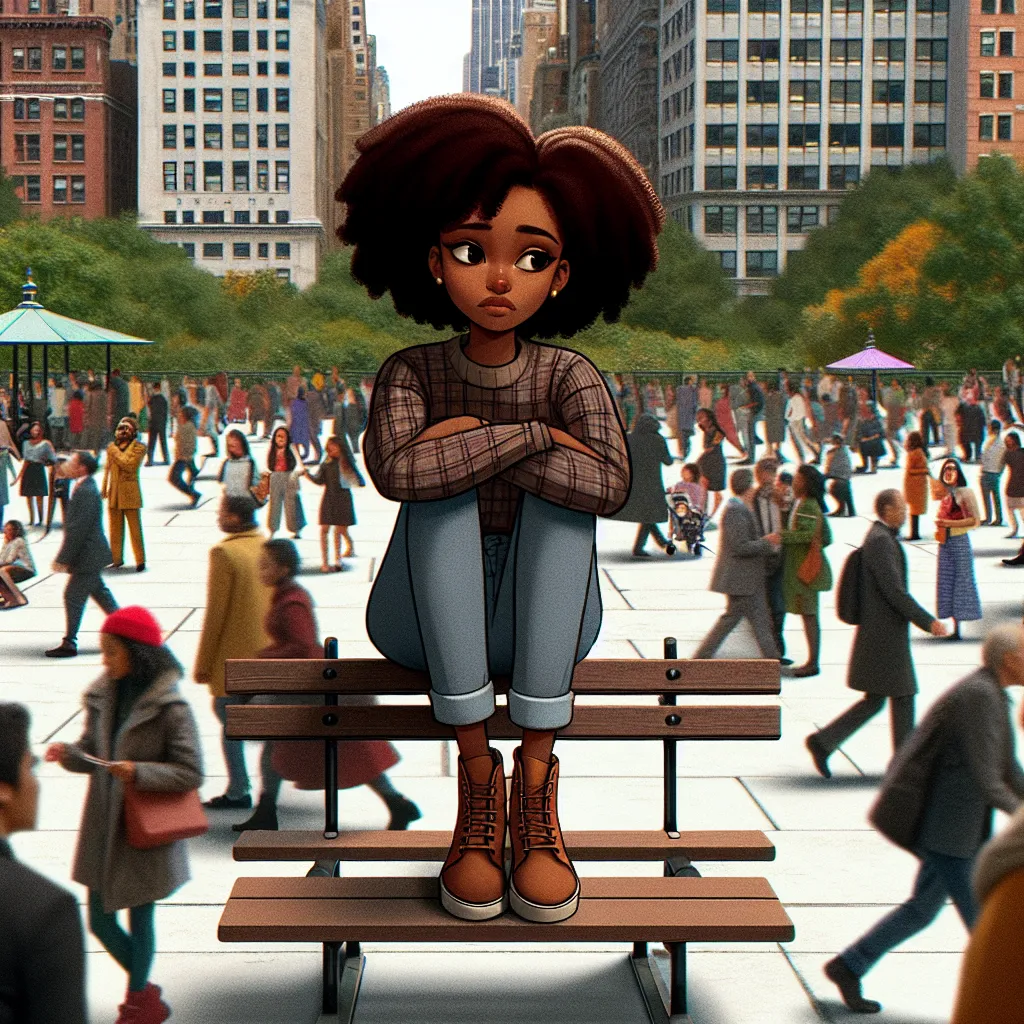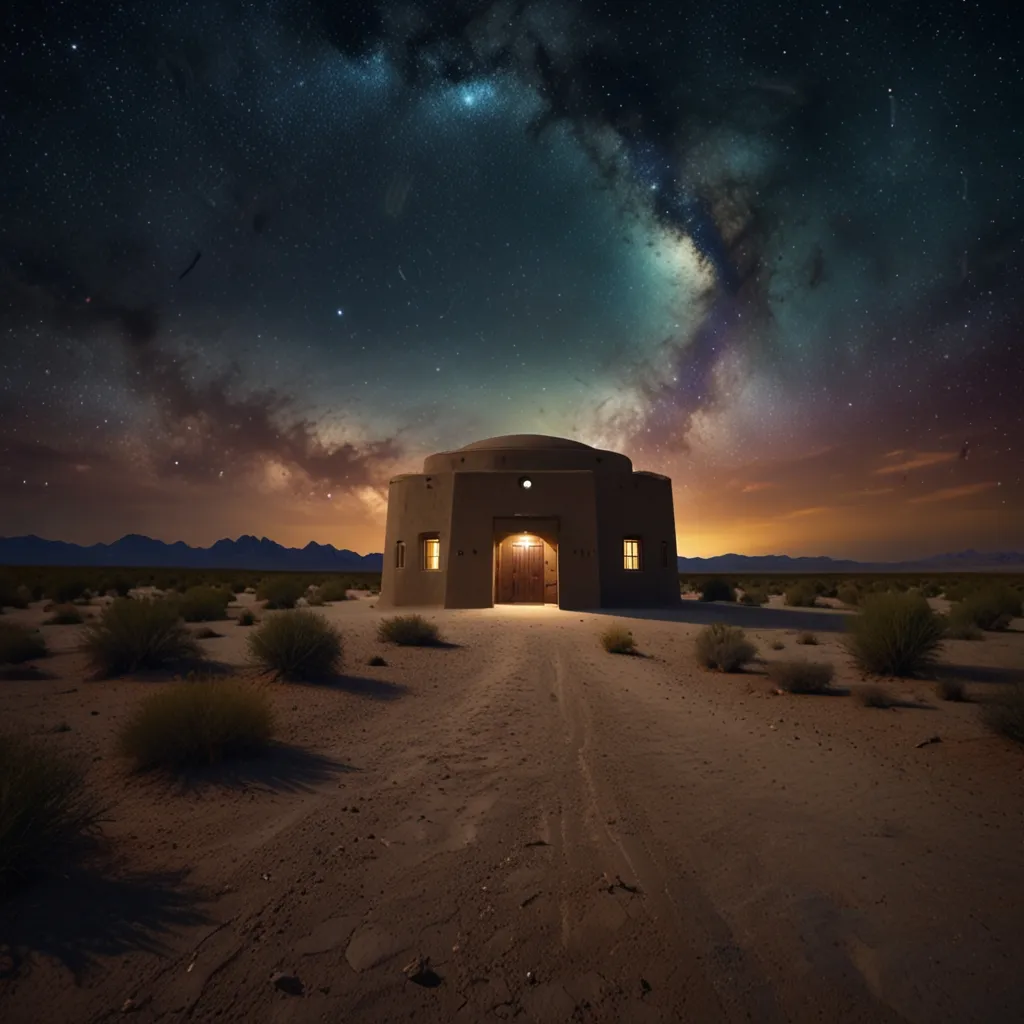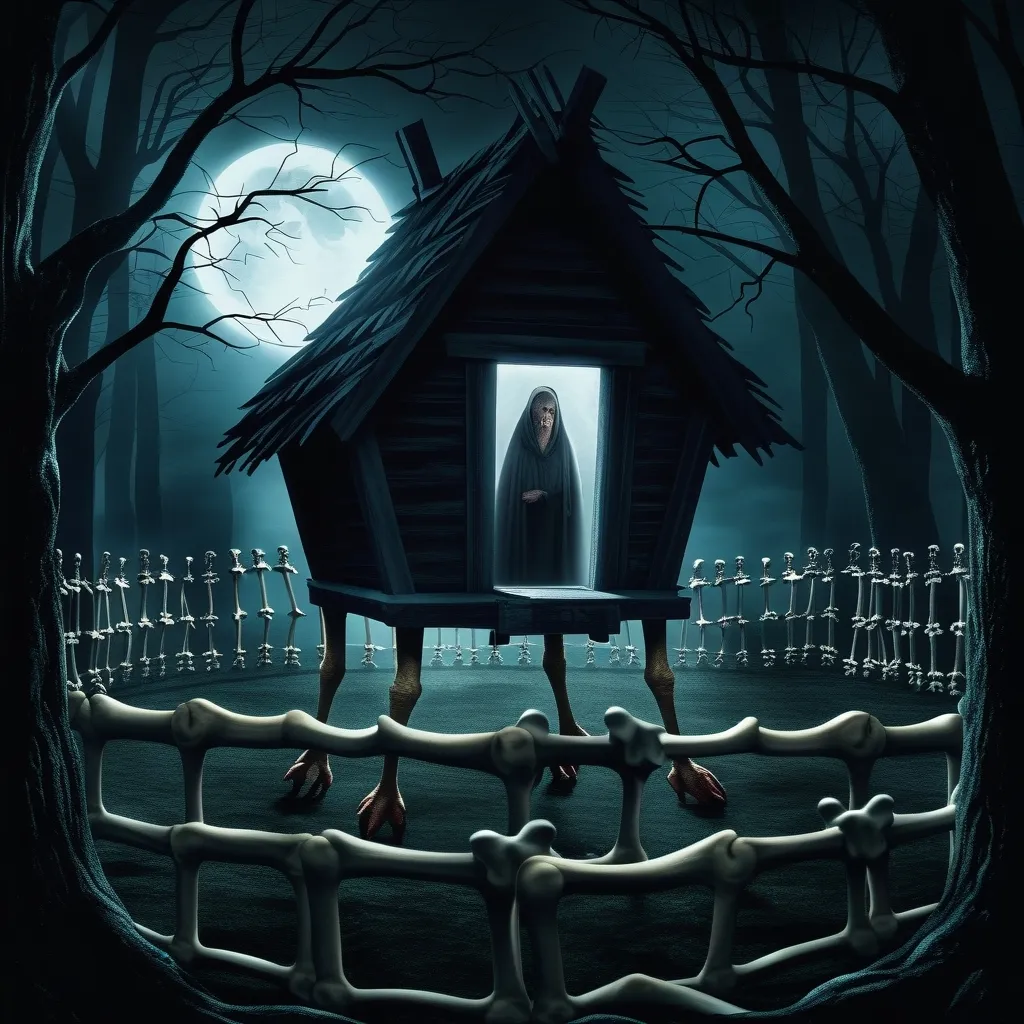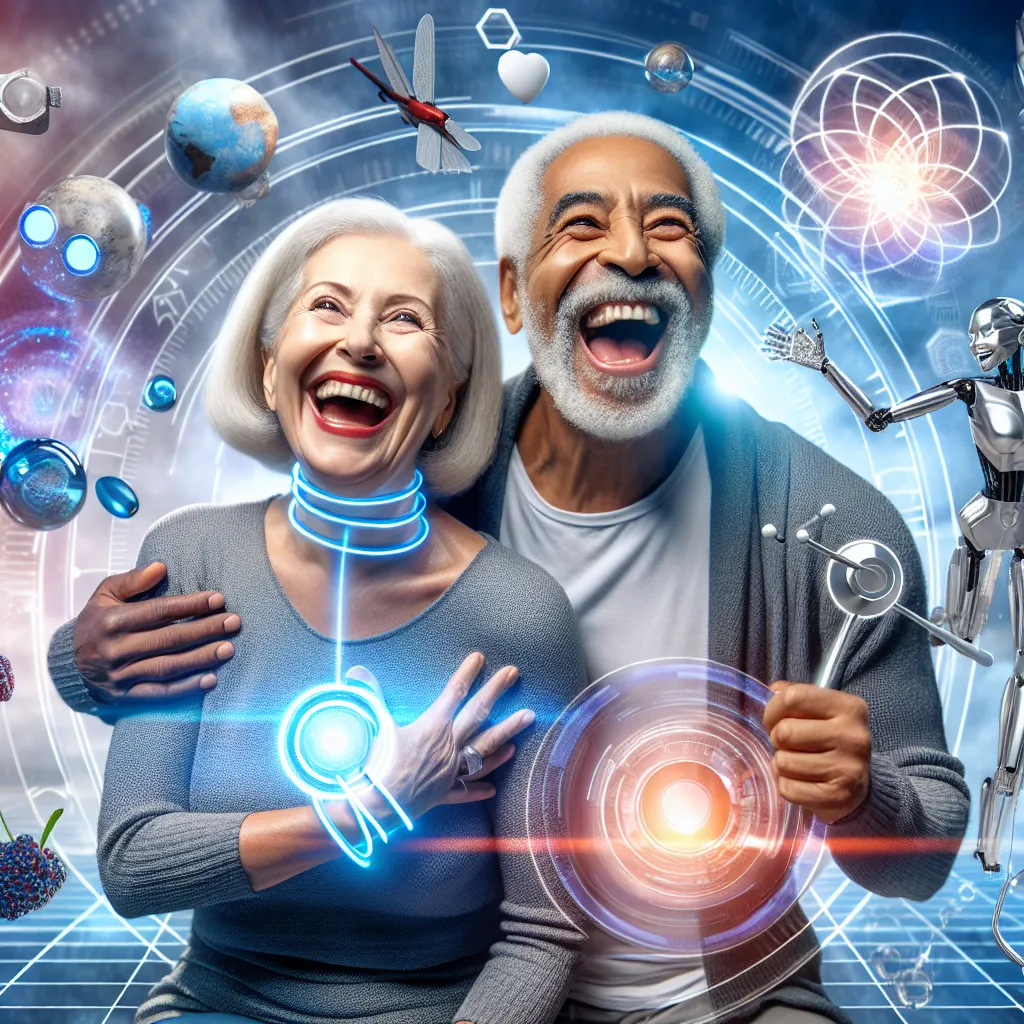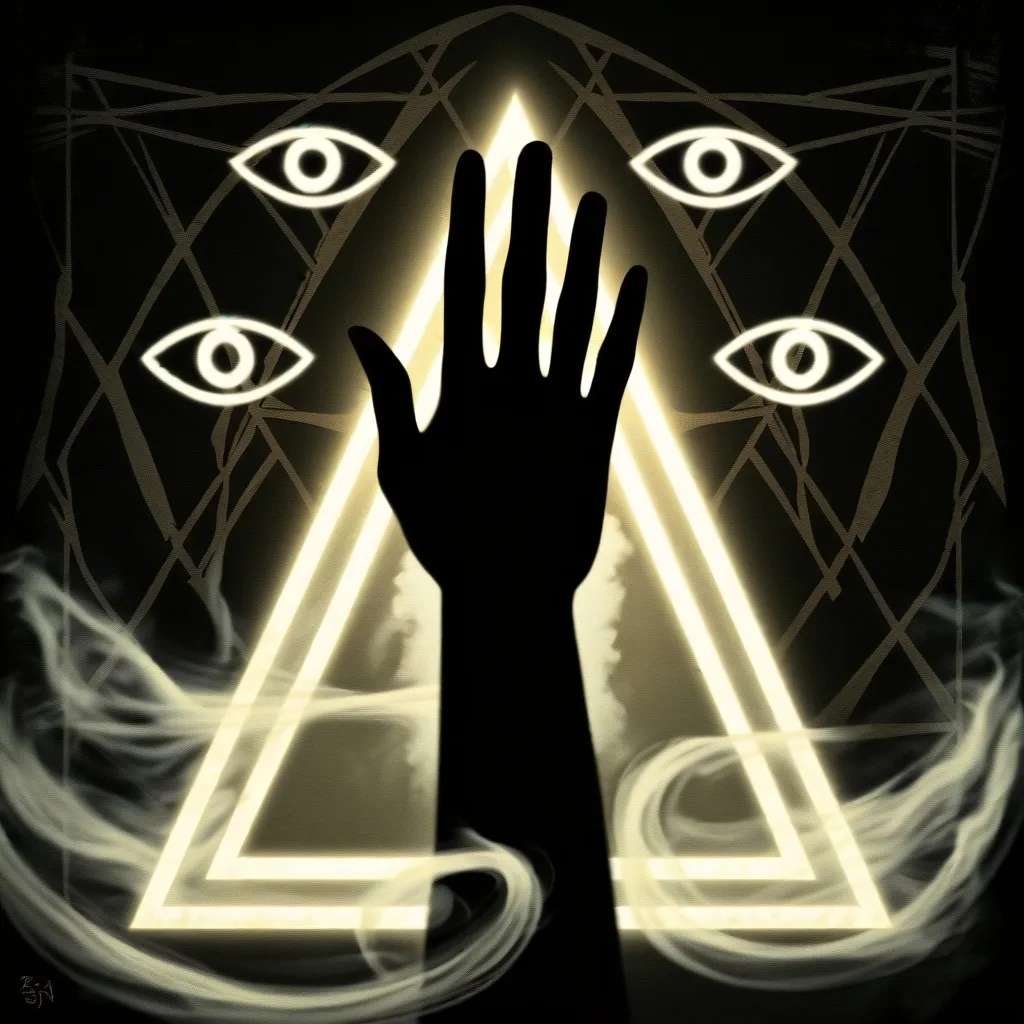Everyone feels lonely sometimes. Whether it’s sitting alone at lunch, moving to a new city, or when no one has time to hang out over the weekend. But lately, an occasional feeling of loneliness has become chronic for millions of people. In the UK, 60% of people aged 18 to 34 often feel lonely. And in the US, 46% of the population regularly feels isolated. Even though we live in the most connected era, a vast number of us still feel alone.
First, let’s clear up that being lonely and being alone aren’t the same. You can feel wonderful by yourself and miserable in a crowd. Loneliness is a subjective, personal experience. If you feel lonely, you are lonely. It’s not just about having social skills; loneliness doesn’t discriminate. It can affect anyone, regardless of their status, personality, or looks. It’s wired into our biology.
Loneliness acts like hunger. Hunger makes you pay attention to your physical needs, while loneliness signals your social needs. Our bodies care deeply about social connections because, historically, being part of a group meant survival. Long ago, humans lived in groups of 50 to 150 people. Solo survival was tough; isolation often equaled death. The brain developed “social pain” as an early warning system against rejection, making us change behavior to stay within the group’s fold.
This system worked well until humans began shaping a new world. The loneliness epidemic kicked off in the Renaissance when Western culture highlighted individualism. It sped up during the Industrial Revolution as people left their villages for city factories, fracturing long-standing communities. Modern life fuels this trend further—we move far for jobs, love, and school, leaving behind our social networks. Meeting people in-person has become less frequent, and the number of close friends has dwindled.
Most people don’t intend to become chronically lonely. Life gets busy with work, studies, family, and entertainment. Spending time with friends often becomes the first casualty. Eventually, you can wake up feeling isolated, craving close relationships that are hard to find as adults.
Chronic loneliness can take a toll on your health. It’s linked to quicker aging, deadlier cancer, faster Alzheimer’s progression, and weaker immune systems. It’s as deadly as smoking a pack of cigarettes a day and twice as deadly as obesity. Once loneliness becomes chronic, it can self-perpetuate, making social signals harder to interpret and fostering distrust.
To combat loneliness, recognize the vicious cycle it creates. An initial feeling of isolation can lead to negative thoughts and behavior, which then increases feelings of loneliness. You avoid social interactions, which deepens the isolation. This cycle can make you more self-centered and less approachable, even if you deeply yearn for connection.
The first step to breaking free is to acknowledge that loneliness is normal. Everyone feels lonely at some point. Accepting it doesn’t make it magically disappear, but it helps tackle the root cause. Reflect on whether you’re focusing on negative interactions and assumptions about others’ intentions. Challenge yourself to be open and vulnerable again. Are your thoughts becoming self-fulfilling prophecies? Can you risk trusting others more?
Behavior is another key area. Are you turning down invitations or not actively seeking new connections? Acting defensively can push people away. If introspection isn’t enough, it’s wise to get professional help. It’s a courageous step, not a sign of weakness.
Loneliness deserves more focus. Whether seen as a personal issue or a public health crisis, the need for connection is fundamental. Humans are social animals—our world needs to reflect that.
So, let’s be there for each other, one connection at a time.
